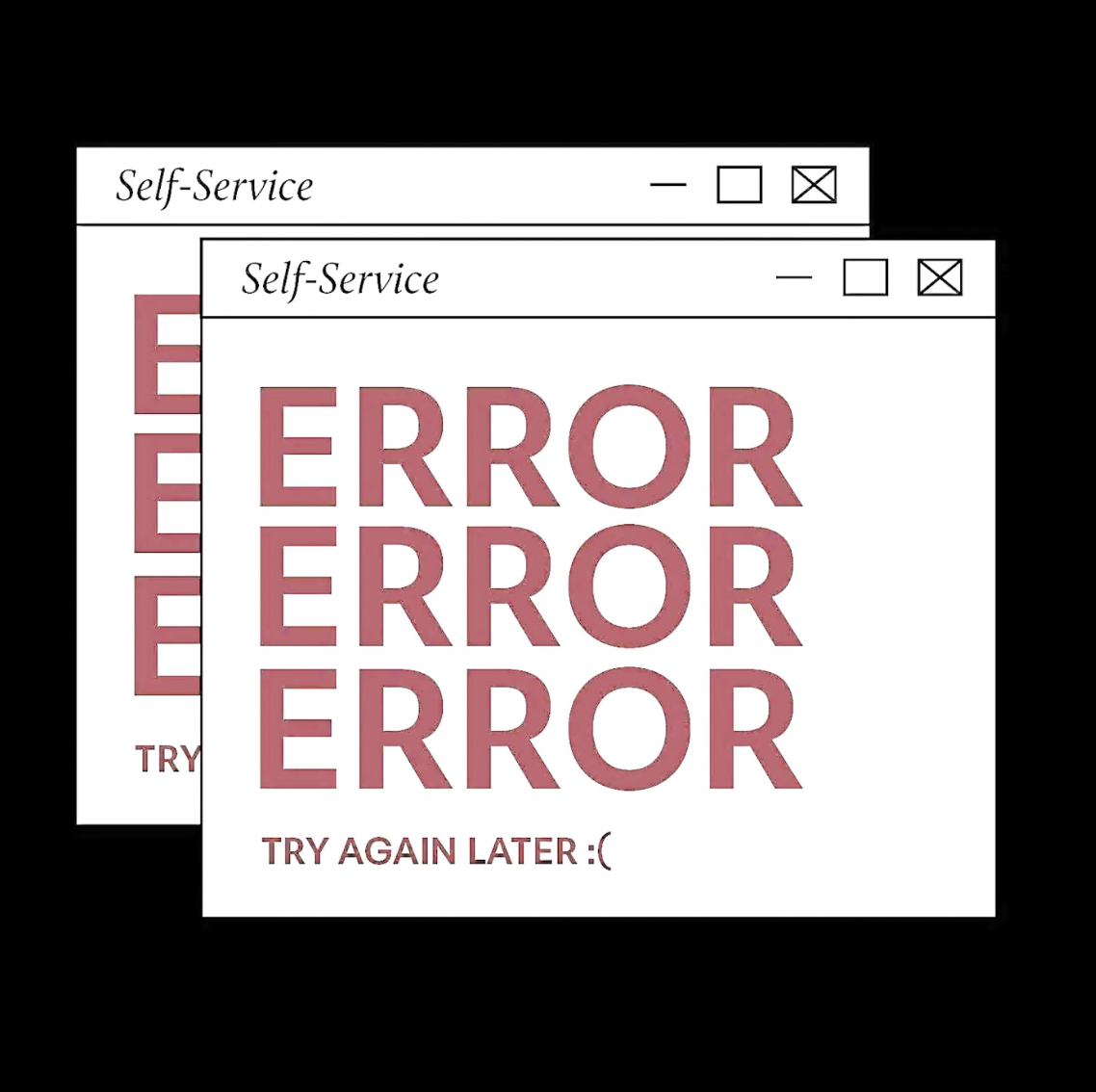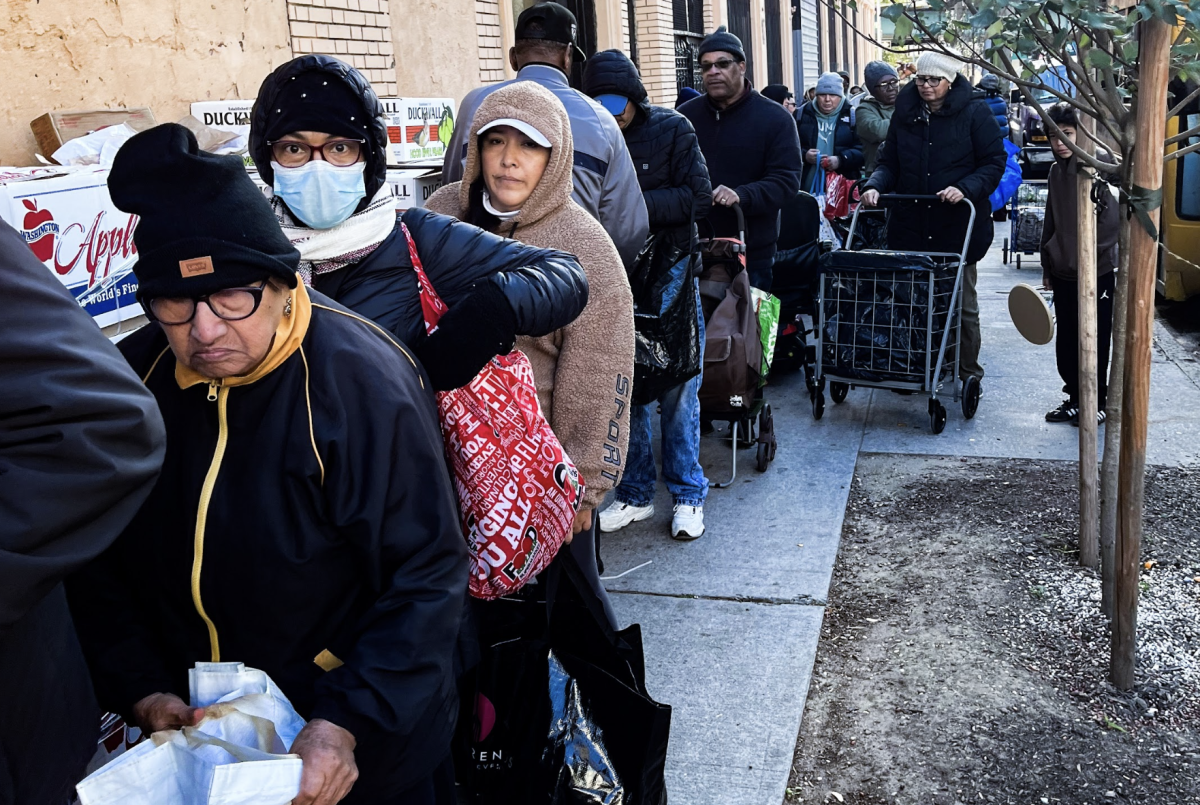On Nov. 6, Barack Obama emerged from a hotly-contested election with a renewed tenure as president of these United States. The dual popular and electoral victory prove that people have not lost faith in the change and progress he promises, despite the hardships of the past four years. In his victory speech, the President seemed mindful of this, asking us to keep up hope, but not “. . . the kind of hope that just ignores the enormity of the tasks ahead or the roadblocks that stand in our path.”
This caveat is important, because the next few years promise to be challenging. Iran’s path to nuclear weaponry poses a knotty problem to U.S. foreign policy, not least for the justifiable anger we provoked by keeping its people under the yoke of an authoritarian leader for our own benefit. China is ascendant, but this ascendancy is plagued by human rights violations and hindered by governmental infighting.
At home, the landscape of the American workforce is changing, the aftershocks of economic recession further complicated by technological innovation and increasing globalization. The gap between wealthy and poor is widening, both in terms of money and in terms of respect and understanding, and further gaps are apparent in political and social issues. We question the War on Terror, with its many wounded and dead for little solid gain; we question the necessity of defense spending in the absence of a Cold War rival; we question the need for universal healthcare and the role of government; we question the necessity for a prohibition on marijuana; we question out-of-control spending at a federal level; and we question the traditional definition of marriage as being between a man and a woman.
These things are not going to be resolved by the election of a president alone. They require cooperation between the two dominant political parties that has been sorely lacking. It has become something of a trite cliché to refer to the need for bipartisanship, but it is significant that both Romney and Obama, with nothing to gain for either of them, continued to make the same call even after elections had already been decided. In his concession speech, Romney said, “The nation, as you know, is at a critical point. At a time like this, we can’t risk partisan bickering and political posturing. Our leaders have to reach across the aisle to do the people’s work. And we citizens also have to rise to the occasion.”
Near the end of his speech, President Barack Obama made a similar point; “. . . we are not as divided as our politics suggest. We’re not as cynical as the pundits believe. We are greater than the sum of our individual ambitions, and we remain more than a collection of red states and blue states. We are and forever will be the United States of America.”
Divisiveness is not always a bad thing – it breeds discourse and compromise, achieving something closer to truth by discovering the common ground between opposing viewpoints. But in a time of challenge and transition such as ours, we cannot afford to be so divided that we become enemies of one another. The 2012 elections are over, America; it’s time to go to work.






